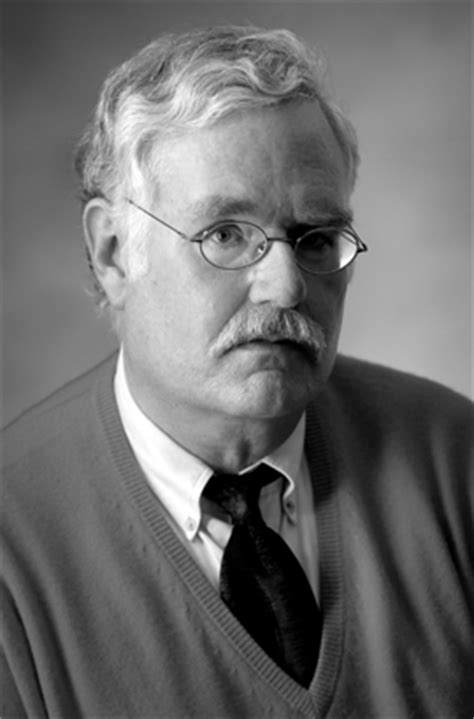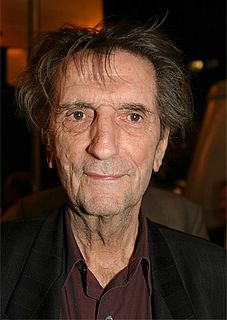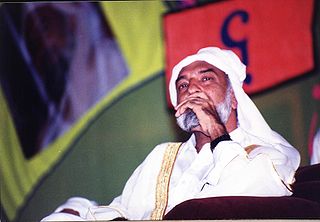A Quote by Mahatma Gandhi
Belief in one God is the cornerstone of all religions.
Quote Topics
Related Quotes
We repeat and again reaffirm that neither a State nor the Federal Government can constitutionally force a person "to profess a belief or disbelief in any religion." Neither can constitutionally pass laws or impose requirements which aid all religions as against nonbelievers, and neither can aid those religions based on a belief in the existence of God as against those religions founded on different beliefs.
All religions are not the same. All religions do not point to God. All religions do not say that all religions are the same. At the heart of every religion is an uncompromising commitment to a particular way of defining who God is or is not and accordingly, of defining life's purpose.
Anyone who claims that all religions are the same betrays not only an ignorance of all religions but also a caricatured view of even the best-known ones. Every religion at its core is exclusive.
In the dominant Western religious system, the love of God is essentially the same as the belief in God, in God’s existence, God’s justice, God’s love. The love of God is essentially a thought experience. In the Eastern religions and in mysticism, the love of God is an intense feeling experience of oneness, inseparably linked with the expression of this love in every act of living.
Religion becomes a matter of belief, and belief acts as a limitation on the mind; and the mind then is never free. But it is only in freedom that you can find out what is true, what is God, not through any belief; because your belief projects what you think God ought to be, what you think ought to be true. If you believe God is love, God is good, God is this or that, your very belief prevents you from understanding what is God, what is true.
Obviously, if theism is a belief in a God and atheism is a lack of a belief in a God, no third position or middle ground is possible. A person can either believe or not believe in a God. Therefore, our previous definition of atheism has made an impossibility out of the common usage of agnosticism to mean "neither affirming nor denying a belief in God."
If you have a belief and you come against an experience which the belief says is not possible, or, the experience is such that you have to drop the belief, what are you going to choose — the belief or the experience? The tendency of the mind is to choose the belief, to forget about the experience. That’s how you have been missing many opportunities when God has knocked at your door.
By the age of fifteen, I had convinced myself that nobody could give a reasonable explanation of what he meant by the word 'God' and that it was therefore as meaningless to assert a belief as to assert a disbelief in God. Though this, in a general way, has remained my position ever since, I have always avoided unnecessarily to offend other people holding religious belief by displaying my lack of such belief, or even stating my lack of belief, if I was not challenged.
Historically the belief in heaven and the belief in utopia are like compensatory buckets in a well: when one goes down the other comes up. When the classic religions decayed, communistic agitation rose in Athens (430 B.C.), and revolution began in Rome (133 B.C.); when these movements failed, resurrection faiths succeeded, culminating in Christianity; when, in our eighteenth century, Christian belief weakened, communism reappeared. In this perspective the future of religion is secure.









































